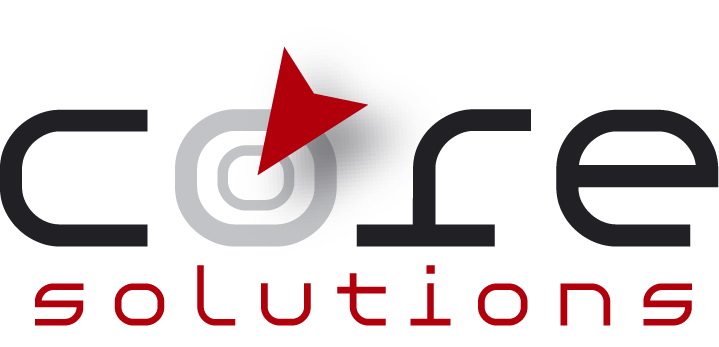Investment in training and education is essential for organisational survival. Everyone knows that, in order to improve organizational performance, you must invest in staff training, but the “one-size-fits-all” approach of pre-packaged training may not be worth your investment. Generic training does not directly address the unique skills needs of your organization and its employees. You may invest time and money in these programs, but it could be difficult to determine the benefit to your employees or your exact training return on investment (ROI).
At CORE SOLUTIONS, we believe in smart training. We help you develop a strategy to understand the specific needs and goals of your business before developing a corporate training program. By developing a training strategy, we ensure that your investment of time and money in your staff will directly affect employee performance.
Our training approach has been designed to achieve the following specific objectives:
- Teach users the absolutely necessary tools, systems and procedures
- Communicate new benefits and efficiencies
- Deliver training at the time of need and in the correct format
- Provide training that is relevant and appropriate to the audience
- Design training that is uniform in style across courses
- Provide a variety of training delivery mechanisms, each customized to the specific skills and knowledge being taught
- Develop content and delivery mechanisms that are compatible with the ‘state-of-the-art’ methodologies and technologies
- Build a modularized curriculum that provides active, hands-on practice
- Provide flexible performance support resources and encourage their use
Corporate Training Approach
During the Training Preparation phase, high-level plans and methodology overviews are developed and delivered to the project team. This information is used as input to the Training Design and Development efforts.
Deliverables include: Training Approach and Strategy document, Training Methodology presentation and Training Templates.
Training design includes the definition of the training curriculum for each impacted audience group as well as identifies the high level requirements for Training Delivery.
Deliverables may include: Performance Support Plan, Training Environment Requirements, Training Needs Analysis, Training Course Outlines, Training Development Schedule and Training Metrics.
Training Development incorporates the deliverables created during Training Design and other inputs to develop the training and performance support materials (training manuals, job aids, etc.). The Training Development effort also includes dedicated time to manage the sign off and review process, quality assurance checkpoints and organization of training-related logistics. The Training team will manage the development of end user training materials by working closely with the Subject Matter Experts (SME’s) and project team to understand the users’ needs and system functionality.
Deliverables may include: Completed Training Materials (user manuals, job aids, etc.), Functional Training Environment, Training Assessment Strategy, Preparation for Functional Trainers, and Workshop and Business Simulation Materials.
Training Delivery focuses on finalizing all training related logistics required to smoothly conduct training, deliver the courses to the users and continue post-implementation support.
Deliverables may include: Training Delivery Schedule, Access to Computer Based Training (CBT), Course Evaluations, Delivery of Instructor-Led Training, Business Simulations, and Workshops.
Training evaluation is a continual and systematic process of assessing the value or potential value of a training program, course, activity or event. Results of the evaluation are used to guide decision-making around various components of the training (e.g. instructional design, delivery, results) and its overall continuation, modification, or elimination.
Our training evaluation methodology includes:
- training program, methodology and content evaluation
- instructors evaluation
- trainees evaluation

